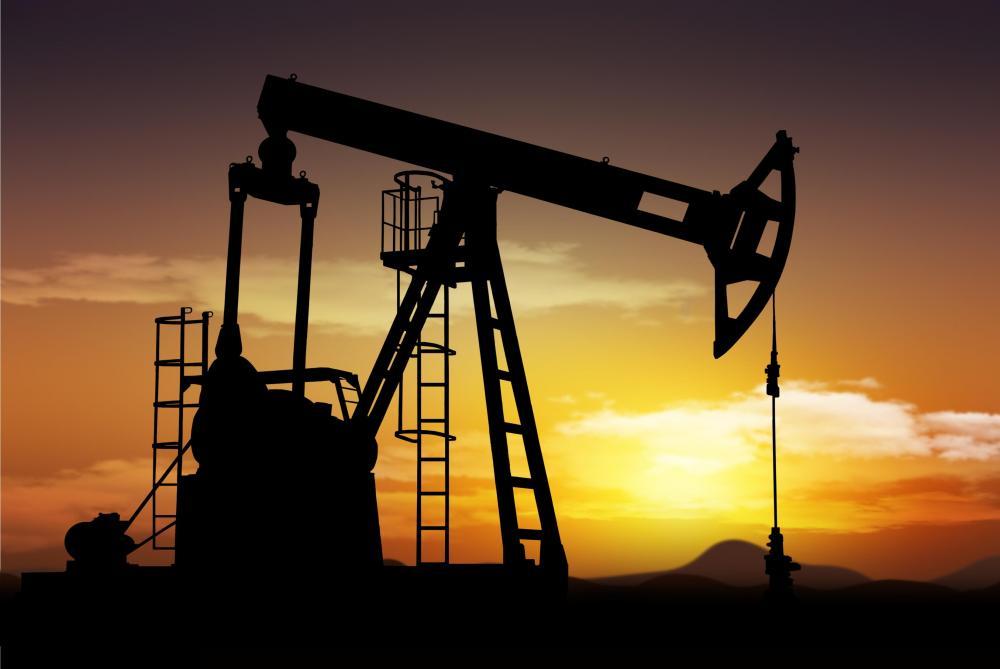- Oil Firms to Spend $158bn in Nigeria, Others
International oil companies and other operators are expected to spend a total of $40.7bn on the development of planned projects and $117.1bn on key announced projects in Nigeria and other sub-Saharan African countries between 2018 and 2025.
GlobalData, a global data and analytics company, said in a new report that a total of 64 planned and announced crude and natural gas projects were expected to commence operations in the region.
According to the ‘H1 2018 Production and Capital Expenditure Outlook for Key Planned Upstream Projects in sub-Saharan Africa’ report, there are 20 planned projects with identified development plans and 44 early-stage announced projects undergoing conceptual studies and that are expected to get approved for development.
It said Nigeria topped the list with 10 planned oil and gas projects expected to start operations between 2018 and 2025, followed by Mozambique with two projects.
GlobalData said in terms of announced projects, Nigeria led with 13 projects, followed by Angola with five projects.
According to the report, the top three in terms of highest planned capital expenditure are Nigeria, Mozambique and Angola with around $17.3bn, $7.7bn, and $5.1bn, respectively.
It said, “Among companies, Eni SpA, Royal Dutch Shell Plc, and Total SA have the highest level of spending on planned projects with $7.2bn, and $5.6bn and $3.4bn, respectively. The highest level of spending on early-stage announced projects is by Royal Dutch Shell Plc, Exxon Mobil Corp, and Eni SpA with $15.5bn, $12.9bn, and $6.9bn spent on capex, respectively.”
An oil and gas analyst at GlobalData, Joseph Gatdula, said, “The total crude and condensate production from announced and planned projects in sub-Saharan Africa is expected to be around two million barrels per day in 2025 and the total natural gas production in 2025 is about 8.1 billion cubic feet per day.”
The Chairman and Chief Executive Officer, M.E. Consulting, Victor Eromosele, said gas development in Nigeria was heading in the right direction but could be much faster.
“Nigeria LNG’s Train 7 final investment decision ought to have been taken much earlier. Consider that Train 6, which was built around 2006-2007. Yet, Nigeria is probably the second-largest gas flaring country in the world, after Russia. We ought to have implemented our development plans a lot more speedily,” he was quoted by The Oil & Gas Year as saying in an interview.
He added, “We obviously should have developed the petrochemicals and fertiliser sectors to more fully monetise Nigeria’s abundant gas resources.”
Eromosele said good projects would always get financed, adding, “Finance is never a problem except for projects that are not bankable. Lenders tend to price in country risks for Nigerian projects. However, these risks tend to be exaggerated as the country risk premium is often unrealistic. It must be said that with a bit of creativity, you can successfully finance anything.
“A great example is First E&P’s $750m financing deal with Schlumberger. Financing oil and gas projects will need creativity as well as the right underlying structures.”
He noted that a lot of value had been lost by the Nigerian oil and gas industry because of the adoption of the current unwieldy joint venture structure.
“Much of that can be resolved if the authorities create more NLNG-like entities: incorporated joint ventures for new mega oil and gas projects. All parties will then sing from the same hymnbook and business will be done like business. In contrast, the existing JV structure is grossly inefficient. In the IJV structure, the government can put as much or as little investment as it desires. That is the way forward. Nigeria should then be in a better position to attract financing for its projects,” he added.

 Forex2 weeks ago
Forex2 weeks ago


 Naira1 week ago
Naira1 week ago
 Naira4 weeks ago
Naira4 weeks ago
 Company News4 weeks ago
Company News4 weeks ago




 Naira2 weeks ago
Naira2 weeks ago
 Billionaire Watch1 week ago
Billionaire Watch1 week ago




 Naira3 weeks ago
Naira3 weeks ago




 Naira1 week ago
Naira1 week ago





















